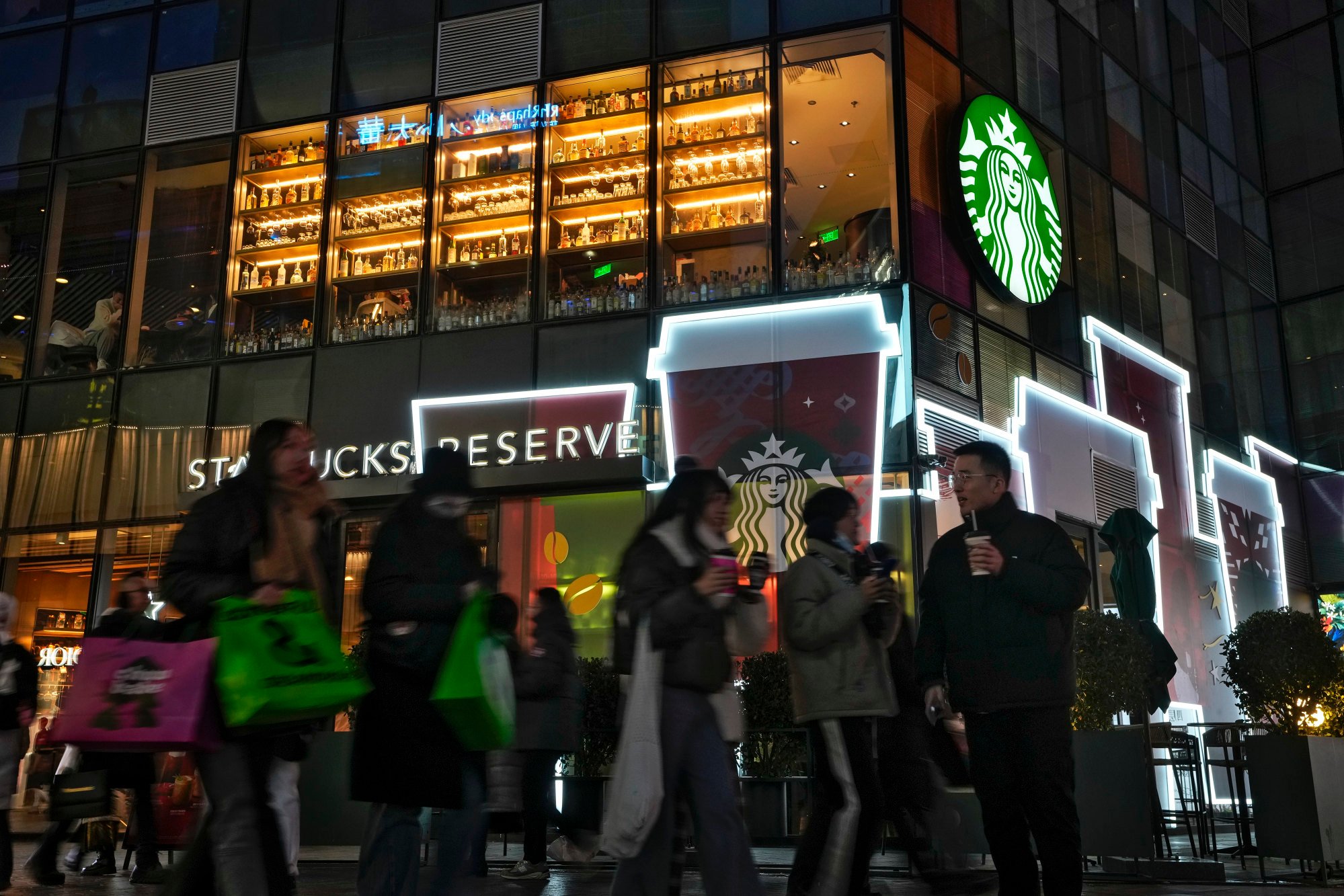[ad_1]
Retail property markets in China’s first-tier cities showed signs of improvement in the last quarter of 2023, and experts are projecting sustained momentum in 2024, underpinned by a gradual increase in retail sales as sentiment begins to turn.
Beijing’s retail property market outperformed as commercial real estate markets steadied across the country. China’s capital saw a drop in the average vacancy rate in the last quarter of 2023 to its lowest level since the second quarter of 2022, while rental rates increased, according to a report released on January 4 by Jones Lang LaSalle (JLL), a real estate investment management firm.
This was fuelled in part by improved consumption, the report said, and the growth momentum is likely to continue this year. “As the positive momentum of economic recovery continues to consolidate, Beijing’s commercial real estate market is expected to be led by a gradual improvement in demand in the overall recovery process,” said Rayman Zhang, managing director at JLL.
Retail commercial real estate refers to properties occupied by retailers, branded item stores, grocery stores and shopping malls.
In Shanghai, China’s biggest and most populous city, demand for leasing also grew as retailers, both domestic and overseas, rushed to expand their stores in the hope of tapping pent-up consumption demand.

However, the supply of retail projects also increased. The fourth quarter of 2023 saw eight new projects covering 587,000 square metres enter the Shanghai market, bringing the total stock in the city to around 23 million square metres.
The combined effect was a 0.3 percentage points quarter-on-quarter rise in the vacancy rate to 9.6 per cent, and a 1.5 per cent drop in the average first-floor monthly rental rates to 779.9 yuan (US$112.4) per square metre in the city, according to the report.
China manufacturing base pushes hard for strong start to 2024 with 17-point plan
China manufacturing base pushes hard for strong start to 2024 with 17-point plan
Across the country, consumer demand as measured by retail sales grew 10.1 per cent year on year in November, up from 7.6 per cent in October, according to official data. However, the recovery was mainly driven by a low base in 2022, when Covid-19 lockdowns disrupted businesses and dented consumption.
Nonetheless, leasing inquiries towards the end of last year rose in most parts of Beijing, as retailers and potential commercial tenants bet on an even stronger recovery and more expansion plans in the year ahead. As a consequence, vacancy rates fell to 6.7 per cent, which, combined with lower inventory, pushed up rental rates. In the fourth quarter of 2023, rent across Beijing’s retail projects in urban areas saw a 0.6 quarter-on-quarter growth, while that in suburban areas grew by 1.2 per cent.
“The rebound in leasing demand in 2023 has enhanced confidence among landlords in performance-leading projects, with rents expected to climb back to pre-pandemic levels in the next two years,” said Ji Ming, research director for JLL North China, adding that the average rent in mainland China’s urban areas in 2024 could increase by 2.3 per cent year-on-year.
Brands, especially those in the food and beverage, lifestyle, and membership-only warehouse-supermarket segments were the primary demand generators in Shanghai, according to a report released in December by Cushman & Wakefield, a commercial real estate services firm.
“Shanghai’s retail property market is a market with both opportunities and challenges,” said Shaun Brodie, head of research content in Greater China at Cushman.
While the city ranks first across the country in terms of both per capita income and consumer expenditure, its retailers face intense competition, owing to a large stock of retail properties, as well as rapidly-changing consumer tastes, he said.
Plus, consumers are still cautious. In Shanghai, third-quarter consumer confidence – a metric of consumer sentiment given the current and future economic conditions – saw a 21.9 per cent decline to 101.4.
Meanwhile, across China, consumer confidence dipped in November after three months of moderate recovery to 87, well below the 100 that indicates neutral sentiment.
“It’s unlikely that I’ll spend a lot of time in shopping malls in 2024,” Liu Sheng, a Beijing resident and retiree told the Post.
“I buy most of my daily necessities from the supermarket, especially groceries. As for clothes and other household items, I like to buy them online, because it’s so much easier and cheaper to buy them using e-commerce platforms compared to physical stores. If you go to a shopping centre, you might not even find the right size or style.”
[ad_2]
Source link
